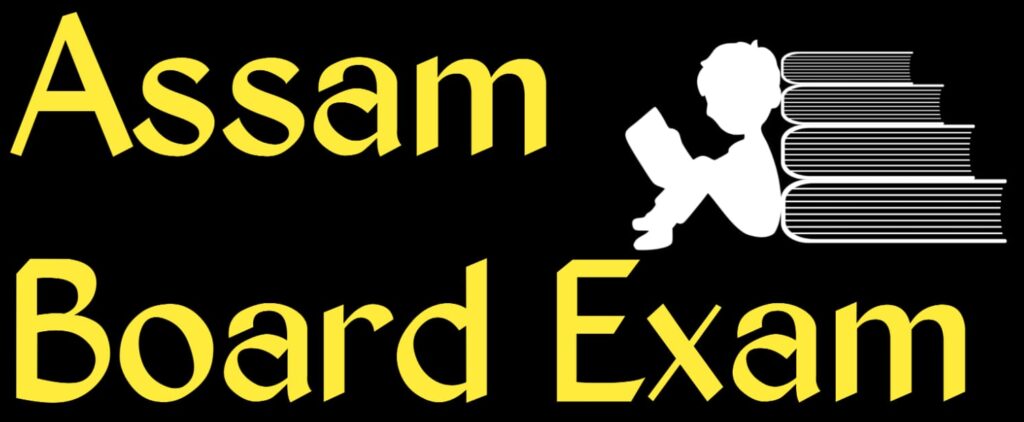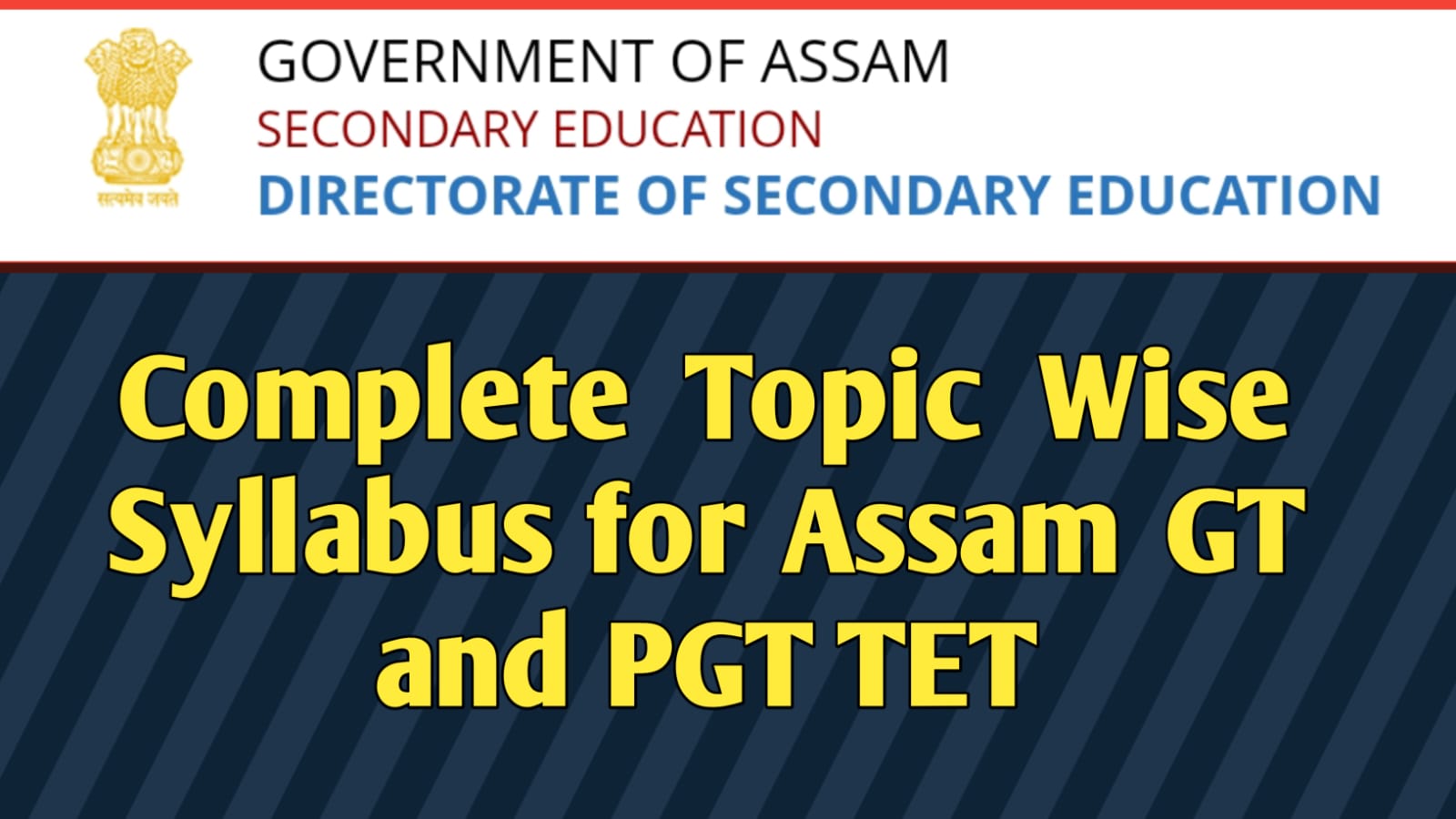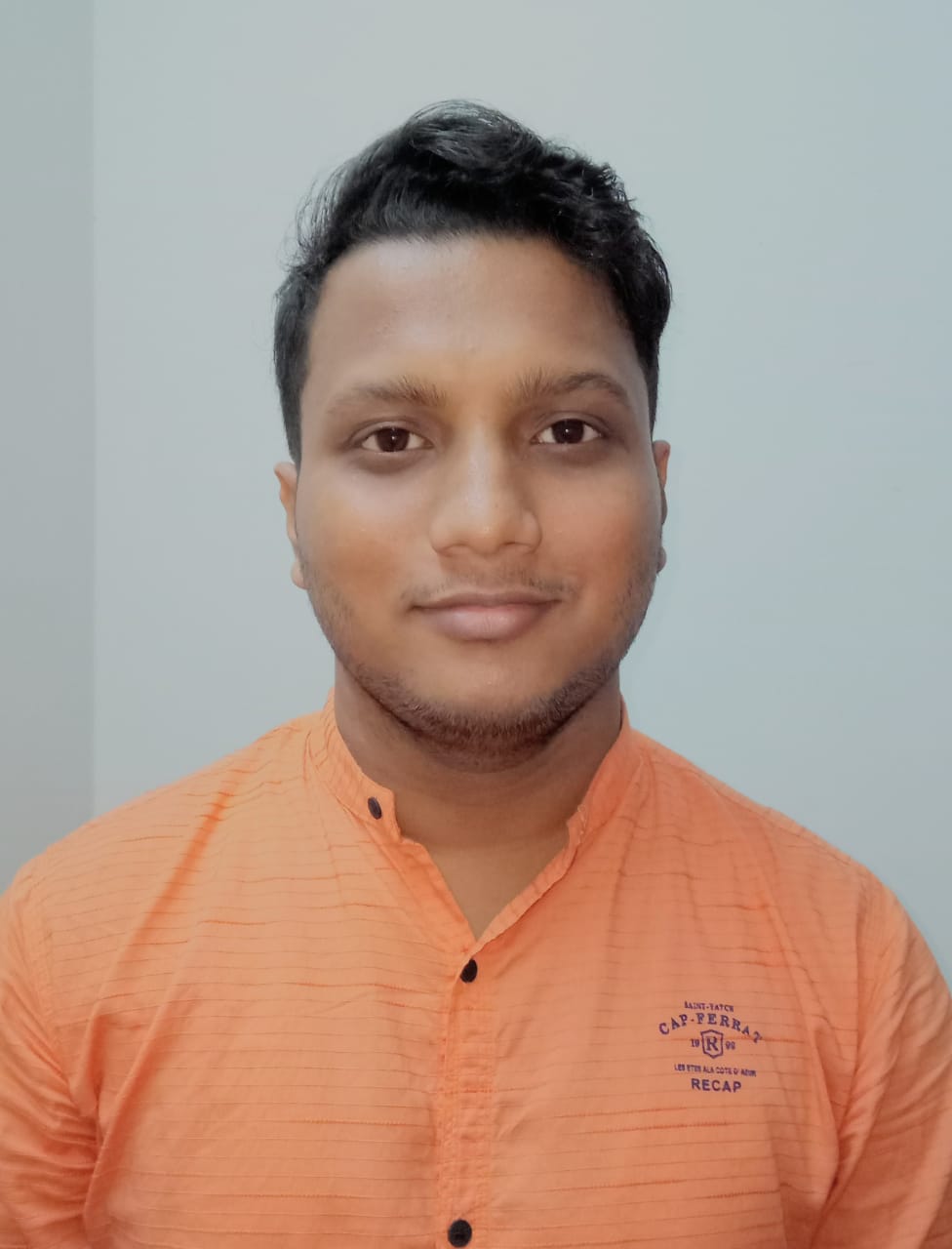The criteria for selection of Graduate Teachers (Arts, Science, Hindi, and Sanskrit) in Assam include a combination of performance in the Teacher Eligibility Test cum Recruitment Test (TET) and additional qualifications like NCC, Sports, Fine Arts, Cultural Activities, and previous TET results. Here is a detailed breakdown:
Table of Contents
Teacher Eligibility Test cum Recruitment Test (140 marks):
The written exam for Graduate Teachers will consist of 140 marks distributed as follows:
| Pedagogy | 50 marks |
| About Assam and its People | 35 marks |
| Mathematics | 15 marks |
| General English | 30 marks |
| General Studies and Current Affairs | 10 marks |
Additional Qualifications (5 marks):
- NCC Certificates or Achievements in Sports/Fine Arts and Cultural Activities:
- Candidates will receive 5 marks for one of the following:
- NCC Certificates:
- “C” Certificate: 5 marks
- “B” Certificate: 3 marks
- Sports: 5 marks for representing Assam at the national level in recognized sports.
- Fine Arts and Cultural Activities: 5 marks for officially representing the state of Assam at the national level in fine arts or cultural events.
- NCC Certificates:
- Candidates will receive 5 marks for one of the following:
- Weightage for Candidates who Passed the Earlier High School TET:
- Candidates who passed the High School TET previously but have not yet been appointed will get a weightage of 5% of the marks they secured in that TET. The maximum marks awarded for this will be 5 marks.
This selection process gives weight to both academic performance and co-curricular achievements, ensuring a comprehensive evaluation of candidates for the position of Graduate Teacher.
Pedagogy Complete Topic wise Syllabus
The Pedagogy syllabus for the Assam Graduate Teacher (GT) TET 2024 and Assam Post Graduate Teacher (PGT) TET 2024 is a crucial section, as it carries 50 marks. Below are the important topics you need to cover in the Pedagogy section:
1. General Principles and Maxims of Teaching:
- Fundamental principles of teaching.
- Maxims such as known to unknown, simple to complex, and concrete to abstract.
2. Teaching Methods and Techniques, Devices and Skills:
- Different methods: Lecture method, demonstration method, discussion method, and project method.
- Techniques of teaching and essential teaching skills.
- Use of teaching aids and devices for effective teaching.
3. Significant Trends in the Modern Teaching-Learning Process:
- Contemporary teaching methods, including collaborative and interactive learning.
- Use of technology and digital platforms in teaching.
4. Laws of Teaching:
- Laws such as the Law of Readiness, Law of Exercise, and Law of Effect (Thorndike’s laws).
5. Taxonomy of Educational Objectives:
- Bloom’s Taxonomy: Cognitive, Affective, and Psychomotor domains.
- Application of these objectives in classroom settings.
6. Role of Attention, Interest, and Motivation in Learning:
- Understanding how attention and interest impact learning.
- Theories of motivation and their application in education.
7. Lesson Plan:
- Components of a good lesson plan.
- How to design effective lesson plans for different subjects and learning needs.
8. Educational Psychology – Its Meaning, Nature, and Educational Implications:
- Role of psychology in understanding learners’ needs and behavior.
- How psychological principles can be applied in teaching.
9. Concept of Personality:
- Definitions and types of personality.
- Role of education in personality development.
10. Children with Special Needs:
- Understanding disabilities and inclusive education.
- Methods to accommodate and teach children with special needs in regular classrooms.
11. Mental Health and Hygiene:
- Importance of mental health in education.
- How to promote mental well-being in students.
12. Concept of Intelligence:
- Theories of intelligence (e.g., Gardner’s Multiple Intelligences, Spearman’s ‘g’ factor).
- Measuring and fostering intelligence in students.
13. Concept of Adolescence:
- Understanding adolescence as a developmental stage.
- Psychological, emotional, and social changes during adolescence.
14. Development During Adolescence:
- Physical, cognitive, and emotional development in adolescents.
- How to address adolescent learners’ needs.
15. Emotional Problems in the Classroom:
- Common emotional issues faced by students (e.g., anxiety, fear, peer pressure).
- Strategies to help students manage emotional difficulties.
16. Guidance and Counseling:
- The role of guidance and counseling in schools.
- Counseling techniques to support students academically, emotionally, and socially.
17. Multiple Choice Questions (MCQs):
- Familiarity with solving MCQs effectively as a part of the examination pattern.
- Practice in pedagogy-based MCQs to prepare for the test format.
By covering these topics thoroughly, aspirants can be well-prepared for the Pedagogy section of the Assam PGT TET 2024 exam.
Assam and Its People Complete Topic wise Syllabus
The Assam and Its People section in the Assam Graduate Teacher (GT) TET 2024 and Assam PGT TET 2024 exam is critical as it covers 35 marks. Below is a detailed topic-wise syllabus for this section, focusing on various aspects of Assam’s history, geography, economy, and culture.
1. History of Assam:
- Ancient History:
- Early civilizations and kingdoms of Assam (e.g., the Varman dynasty, Kamarupa kingdom).
- Socio-political structure and cultural developments.
- Medieval History:
- The Ahom Dynasty and their contributions.
- Important battles, such as the Battle of Saraighat.
- Modern History:
- Assam during British rule.
- Freedom movement in Assam and key figures.
- Post-independence developments.
2. Geography of Assam:
- Physical Geography:
- Major rivers (Brahmaputra, Barak, and their tributaries).
- Landforms, climate, and natural vegetation.
- Economic Geography:
- Agriculture: Major crops (rice, jute, tea).
- Industries: Tea industry, silk, handicrafts.
- Fisheries and forest products.
- Human Geography:
- Demographic features.
- Ethnic groups, languages, and culture.
- Physical Division:
- Brahmaputra Valley, Barak Valley, and the Hills.
3. National Parks and Wildlife Sanctuaries:
- Major national parks like Kaziranga, Manas, Dibru-Saikhowa, and Nameri.
- Wildlife sanctuaries and biodiversity conservation efforts.
4. Districts and Sub-Districts:
- Administrative divisions of Assam.
- Names and geographical features of districts and sub-districts.
5. Agriculture, Tea, Cottage, and Small Scale Industries:
- Major crops produced in Assam.
- Role of tea industry in Assam’s economy.
- Cottage industries: Handloom, handicrafts, and small-scale industries.
6. Census 2011 of Assam:
- Population statistics.
- Literacy rate, sex ratio, and urban-rural distribution.
- Growth rate and demographic trends.
7. Polity of Assam:
- Political history of Assam.
- Structure and functions of the Assam government.
- Autonomous councils in Assam (e.g., Bodo Territorial Council).
- Role of local governance and panchayati raj institutions.
8. Economy of Assam – Its Statistics:
- Overview of Assam’s economy: GDP, per capita income, poverty rate, and employment.
- Key economic sectors: Agriculture, industry, and services.
- Economic challenges and government initiatives.
9. Oil and Gas:
- History and significance of oil and gas production in Assam.
- Major oil fields: Digboi, Duliajan, and others.
- Role of Oil India Limited and Assam Gas Company.
10. Government Schemes of Assam:
- Important state government schemes and programs like:
- Orunodoi Scheme
- Mukhya Mantri Krishi Sa-Sajuli Yojana
- Abhinandan Scheme
- Welfare programs for women, farmers, and underprivileged communities.
11. Assam Tourism:
- Popular tourist destinations: Kaziranga, Majuli, Manas, Sualkuchi, Sivasagar.
- Cultural tourism: Festivals like Bihu, Assam tea tourism.
- Role of tourism in Assam’s economy.
12. Assam Natural Resources and Energy Resources:
- Major natural resources: Coal, limestone, petroleum, natural gas.
- Energy resources and production: Hydro power and thermal power plants.
13. Literature of Assam:
- Ancient and Medieval Literature:
- Contributions of Sankardeva, Madhavdeva, and Vaishnavite literature.
- Modern Assamese Literature:
- Key writers like Laxminath Bezbaroa, Hemchandra Barua, and more.
- Genres:
- Folk literature, poetry, drama, and novels.
- Language:
- Evolution of the Assamese language.
14. Art & Culture of Assam:
- Traditional Art Forms:
- Mask making, pottery, weaving (muga silk, eri silk).
- Performing Arts:
- Classical dance forms like Sattriya, Bihu dance, and music.
- Crafts and Handicrafts:
- Bell metal, bamboo crafts, and cane work.
15. Tribes of Assam:
- Major Tribes:
- Bodo, Mishing, Karbi, Dimasa, and more.
- Cultural Practices:
- Tribal festivals, traditional attire, and customs.
16. Festivals of Assam:
- Major Festivals:
- Bihu (Rongali, Bhogali, Kongali), Ambubachi Mela.
- Tribal Festivals:
- Ali Ai Ligang, Jonbeel Mela.
- Cultural Significance:
- Agricultural and seasonal importance, religious festivals.
By covering these topics thoroughly, candidates can perform well in the “Assam and Its People” section of the Assam GT and PGT TET 2024 exam.
Mathematics Complete Topic wise Syllabus
The Mathematics section in the Assam Graduate Teacher (GT) TET 2024 and Assam PGT TET 2024 exam is critical as it covers 15 marks. Below is a detailed topic-wise syllabus for this section, focusing on Class 10-level concepts and problem-solving skills.
- Algebra:
- Polynomials
- Pair of Linear Equations in Two Variables
- Quadratic Equations
- Arithmetic Progression
- Geometry:
- Triangles (Similarity, Pythagoras theorem)
- Circles (Tangent properties)
- Coordinate Geometry (Distance formula, Area of a triangle)
- Mensuration:
- Surface Areas and Volumes (Cylinders, Cones, Spheres, Combination of solids)
- Trigonometry:
- Trigonometric Ratios and Identities
- Heights and Distances
- Statistics and Probability:
- Mean, Median, and Mode
- Probability (Basic problems based on the concept of events)
- Arithmetic and Applied Mathematics:
- Number Systems: Real Numbers
- Percentages
- Ratios and Proportions
- Averages
- Profit and Loss
- Simple and Compound Interest
- Time and Work
- Time and Speed
- Permutation and Combination
This section evaluates candidates’ aptitude in fundamental mathematical concepts and their application in real-life scenarios.
English Complete Topic wise Syllabus
The General English section in the Assam GT and PGT TET 2024 exam is worth 30 marks. Below is the syllabus and key topics that candidates need to prepare for this section:
1. Sentences:
- Types of sentences: Simple, compound, and complex.
- Sentence structure and formation.
- Correct usage of punctuation and grammar.
2. Determiners:
- Types of determiners: Articles (a, an, the), demonstratives (this, that), possessives (my, your), quantifiers (some, many, few).
- Correct placement and usage of determiners in sentences.
3. Tense Forms:
- Present, past, and future tenses.
- Subcategories: Simple, continuous, perfect, and perfect continuous tenses.
- Correct tense usage in different contexts.
4. Direct and Indirect Narration:
- Rules of converting direct speech to indirect speech and vice versa.
- Changes in pronouns, tenses, and time expressions during narration conversion.
5. Vocabulary – Synonyms, Antonyms, Homonyms:
- Synonyms: Words with similar meanings.
- Antonyms: Words with opposite meanings.
- Homonyms: Words that sound the same but have different meanings (e.g., “flower” and “flour”).
6. Prepositions:
- Usage of prepositions: in, on, at, by, for, with, about, etc.
- Prepositional phrases and their role in sentence construction.
7. Proverbs:
- Common English proverbs and their meanings.
- Usage of proverbs in sentences.
8. Gender:
- Gender-specific nouns (masculine, feminine, common, and neuter genders).
- Usage of gender-appropriate terms in different contexts.
9. Degree of Comparison:
- Positive, comparative, and superlative degrees of adjectives.
- Formation and correct usage of degrees of comparison in sentences.
10. Active and Passive Voice:
- Rules for converting sentences from active to passive voice and vice versa.
- Correct usage of active and passive structures.
11. Paragraph:
- Writing a coherent and structured paragraph.
- Organizing ideas, maintaining clarity, and proper grammar in paragraph writing.
These topics are essential for candidates to prepare for the General English section in the Assam GT and PGT TET 2024. Practicing grammar, vocabulary, and writing skills will help in scoring well in this part of the exam.
| Booklist for GT/PGT TET | Click Here |
| Online Apply (GT/PGT TET) | Click Here |
| Official Link | Click Here |
| Revised Notification | Click Here |
| Download Admit Card | Click Here |



Plz share syllabus in pdf
For Arts and Arts subject candidates I think maths is not necessary. For Science and Science subject candidates it is ok.
Plz share syllabus in Pdf
Please share syllabus in PDF